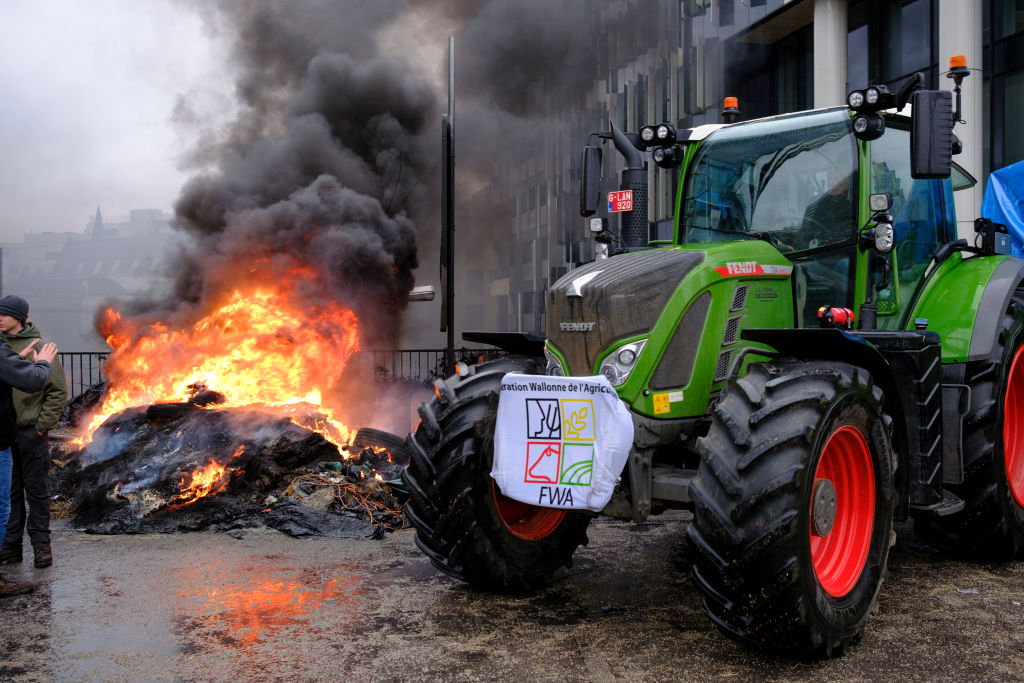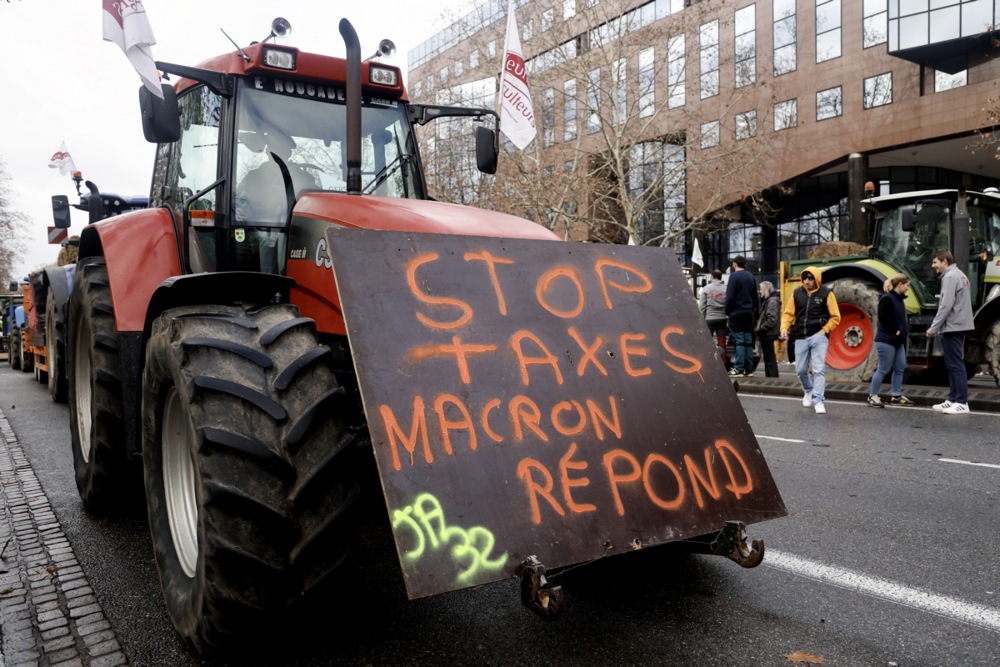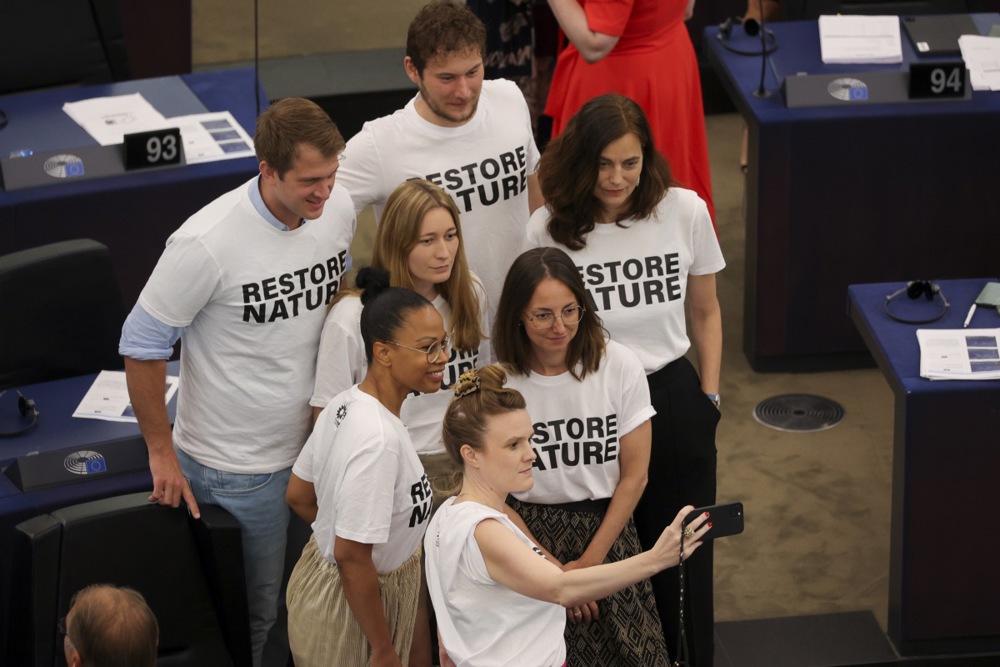MEPs have backed the implementation of further protections for so-called “quality” agricultural produce in the wake of the farmers’ protests across Europe.
The European Parliament approved on February 28 measures aimed at protecting the “Geographical Indications” (GI) of high-end produce, such as wines and cheeses from well-respected locations.
Under the new rules, farmers and producers in regions known for their quality produce will be given streamlined ways of registering their GIs with the European Commission.
Once given the body’s stamp of approval, farmers will also have additional powers to pursue anyone using such GIs illegally, both offline and online. Additional restrictions will be placed on how such labels can be used for products using GI ingredients.
The MEP behind the reforms, Paolo De Castro, said: “Thanks to Parliament, we now have a crucial regulation for our quality agri-food chains, strengthening the role of producer groups and the protection for Geographical Indications, increasing simplification, sustainability and transparency towards consumers.”
The S&D politician added that he was “glad” to see the changes passed by the house after they had initially been delayed by crises including the COVID pandemic and the war in Ukraine.
“This is a better system, generating added value, without public funds,” he said, hailing the changes as “good news for European farmers”.
“It’s important to defend our region, defend our production, and to defend the work of our farmers!”
Naples wine producer Rossa Forno of @coldiretti tells our reporter @peter_caddle why she headed to Brussels for Monday’s farmers’ protest. ⬇️ pic.twitter.com/R08vEgfB23
— Brussels Signal (@brusselssignal) February 27, 2024
While MEPs appear convinced that the passed reforms will benefit those in Europe’s agricultural industry, farmers do not appear to have taken much notice of the change.
Tensions between politicians and farm workers remain high, with European Union Member States seeing frequent farmers’ protests in recent weeks, many of which were accompanied by considerable violence.
Much of the anger has centred around EU “green’ policies, some of which are set to require farmers to leave a percentage of their land lie fallow each year to “protect soil quality”.
Others fear that the EU’s apparent desire to strike trade deals with South America will further tank the sector via the import of cheap meat products produced with less of a bureaucratic overhead.
Some farmers have been targeting food imports from outside their respective countries to protest at the current conditions.
One of the most controversial of these incidents involved agri workers in Poland destroying 160 tonnes of imported Ukrainian grain. They justified their actions by saying such imports were “endangering their livelihoods”.
Many are now demanding that the EU step in to help protect the farming industry, with a number calling for the implementation of bloc-wide minimum pricing for certain products.
The EC has so far remained quiet about any such possibility but it has insisted that the Common Agricultural Policy (CAP) is explicitly designed to help keep European farmers in business.
“Family farms are the backbone of European agriculture, and the Common Agricultural Policy helps in keeping family farms throughout the EU territory,” agriculture Commissioner Janusz Wojciechowski said on February 28.
“Generational renewal in agriculture is one of the 10 objectives of the CAP,” he added, saying additional supports were being put in place to protect and support younger farmers in particular, along with their families.
The European Commission has insisted it is already “taking action” to help farmers – despite the latest fiery protests in Brussels. https://t.co/0tOlgkwxYK
— Brussels Signal (@brusselssignal) February 27, 2024





